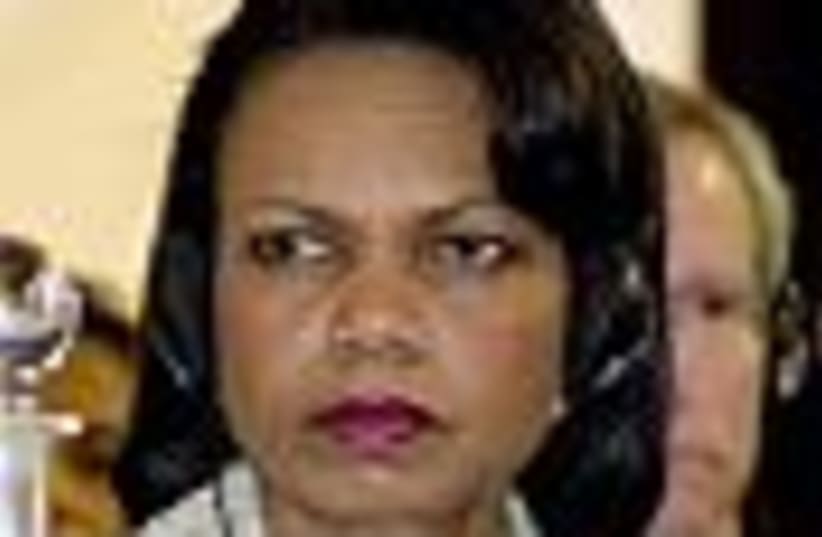| More about: | Iran, Mahmoud Ahmadinejad, President of the United States, Nowruz |
US pushes UN for sanctions against Iran
Administration expecting Security Council resolution by end of next month.


| More about: | Iran, Mahmoud Ahmadinejad, President of the United States, Nowruz |